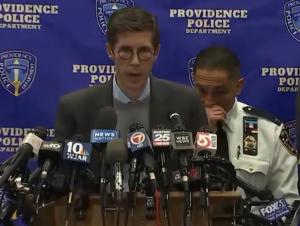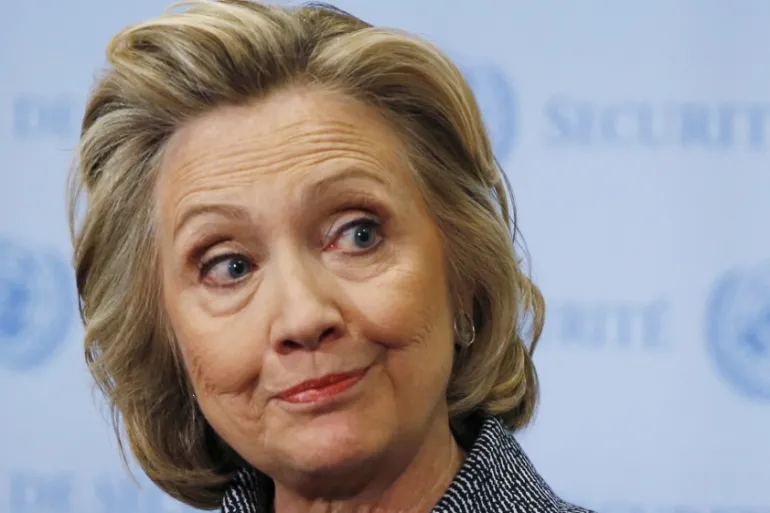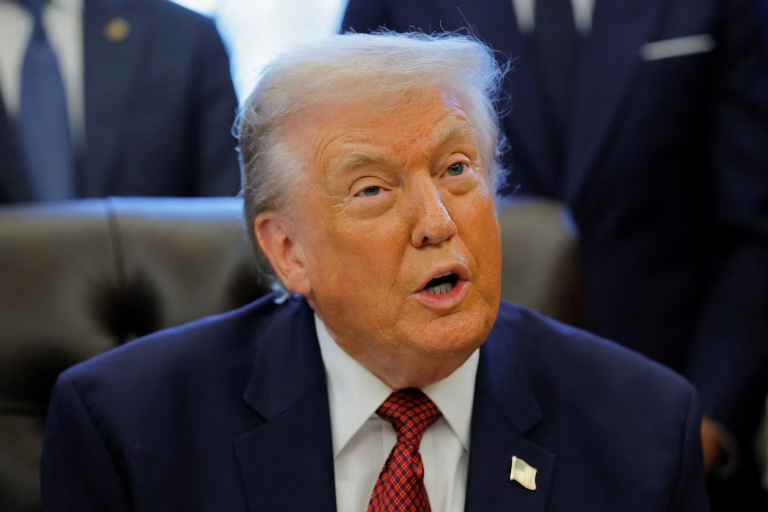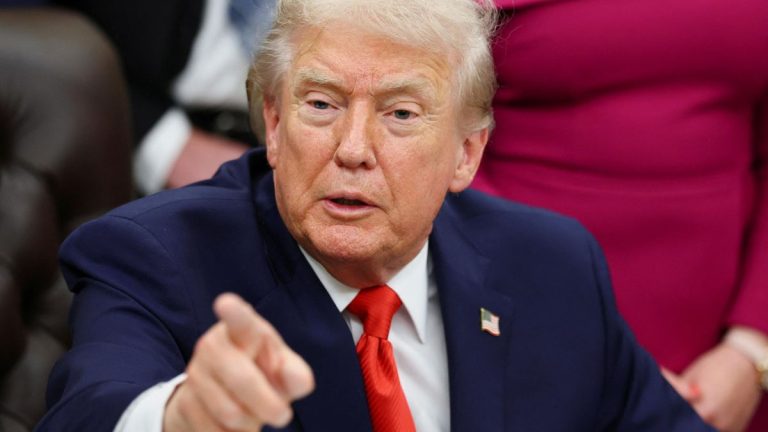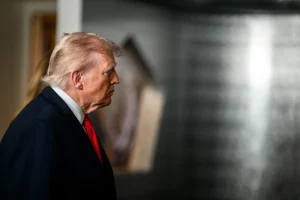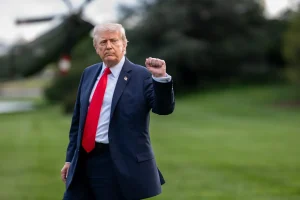Former Secretary of State Hillary Clinton has offered rare praise for former President Donald Trump, commending his administration’s success in brokering a landmark peace agreement aimed at ending two years of conflict in the Gaza Strip.
Speaking during an interview with CBS News on Friday, Clinton said she “really commend[s] President Trump and his administration, as well as Arab leaders in the region, for making the commitment to the 20-point plan and seeing a path forward for what’s often called the day after.”
Her remarks mark one of the few times in recent years that the 2016 Democratic presidential nominee has publicly applauded her former political rival. The comments come after weeks of negotiations between Israeli officials, Hamas representatives, and Arab mediators led by the Trump administration, which resulted in a multi-phase cease-fire and a framework for Gaza’s post-war governance.
The 20-Point Plan
According to U.S. and regional officials, the peace deal — informally referred to as the “20-point plan” — includes an immediate cessation of hostilities, the release of the remaining 48 Israeli hostages, and a phased withdrawal of Israeli Defense Forces from Gaza. In return, Hamas has agreed to surrender its heavy weaponry under international supervision and allow a transitional governing authority, composed of representatives from Qatar, Egypt, and the United Arab Emirates, to oversee Gaza’s civil administration for an interim period of two years.
The agreement also outlines steps toward humanitarian reconstruction and envisions an “aspirational” pathway toward an independent Palestinian state — though the exact parameters of that provision remain undefined.
“After two years of bloodshed, displacement, and humanitarian catastrophe, this deal represents a fragile but real opportunity for peace,” a senior U.S. official involved in the talks told reporters. “It will require discipline, transparency, and trust that have been in short supply for decades.”
Clinton’s Call for Global Support
In her CBS News interview, Clinton emphasized the importance of global cooperation to sustain the deal.
“Let’s now support this process and bring it together, not just in a nonpartisan way in our own country, but literally internationally — as a great global commitment to try to bring peace, security, stability, and a better future to the Middle East,” she said.
The former Secretary of State, who championed a two-state solution during her tenure under President Barack Obama, urged international institutions such as the United Nations and the European Union to play an active role in monitoring compliance with the accord.
Clinton also noted that while the Trump administration deserves credit for brokering the agreement, the process should remain subject to “rigorous oversight and sustained diplomatic engagement” to prevent a relapse into conflict.
“This is not the end — it’s the beginning of a long road,” she added. “But it is a beginning worth protecting.”
Bipartisan Acknowledgment
Clinton’s remarks have drawn attention across the political spectrum, underscoring how the Gaza accord has reshaped traditional partisan lines on U.S. foreign policy.
Jake Sullivan, who served as national security adviser under President Joe Biden, also credited the Trump team for what he described as “persistent and unconventional diplomacy” in bringing the war to a halt.
“It’s only now, after all that time, that we’ve gotten to a deal,” Sullivan said in a separate interview, noting that earlier attempts by the Biden administration to mediate had faltered amid internal divisions among regional actors.
Even former President Obama weighed in on the agreement in a social-media post, calling it “a hopeful moment that reminds us diplomacy still matters,” though he notably did not mention Trump by name.
Republican lawmakers, meanwhile, have pointed to Clinton’s statement as evidence that the former president’s approach to Middle East diplomacy — often criticized as brash and transactional — can yield tangible results.
Senator Lindsey Graham (R-SC) called her remarks “a refreshing moment of honesty” and said they “should remind Americans that peace doesn’t have to be partisan.”
Trump’s Response
Former President Trump responded to Clinton’s comments during a campaign rally in Pennsylvania on Saturday, calling her words “a very nice compliment — maybe the nicest thing she’s ever said about me.”
“I appreciate it, Hillary,” Trump said to applause from the crowd. “We did something nobody thought was possible. They said we couldn’t get Hamas to agree, they said Israel wouldn’t pull back, they said the Arab world wouldn’t work together — but we got it done.”
He went on to thank his foreign policy team, including senior adviser Jared Kushner and U.S. Special Envoy for Middle East Peace Jason Greenblatt, both of whom returned to government in 2025 after his re-election, to lead the latest negotiations.
Trump also credited Qatar, Egypt, and Jordan for what he described as “constructive and courageous engagement” throughout the process.
Regional and Global Reaction
The cease-fire announcement has sparked cautious optimism across the Middle East and among Western allies. Israeli Prime Minister Benjamin Netanyahu called the agreement “a necessary step to restore peace and stability for the people of Israel and Gaza alike,” while emphasizing that Israel “reserves the right to defend itself should Hamas violate the terms.”
Hamas’ political bureau chief, Ismail Haniyeh, described the deal as “a painful but responsible decision made for the sake of Gaza’s children.”
The United Nations, European Union, and several humanitarian organizations welcomed the truce but stressed the need for sustained humanitarian access and reconstruction funding.
“The people of Gaza have endured immense suffering,” UN Secretary-General António Guterres said. “The international community must now focus on rebuilding lives and ensuring that this peace is not merely an interlude between wars.”
A Surprising Political Moment
Clinton’s praise for Trump represents a rare bipartisan convergence in an otherwise polarized political climate. Since their bitter 2016 presidential contest, the two figures have seldom agreed on policy, particularly in matters of foreign affairs.
Analysts say her remarks reflect both the significance of the deal and the shifting geopolitical realities of the region.
“Clinton’s statement signals that the Gaza accord is being viewed as more than a short-term truce — it’s a potential turning point in U.S. foreign policy,” said Dr. Aaron Levinson, a senior fellow at the Brookings Institution. “For a Democratic icon to publicly commend Trump suggests that this agreement has genuine substance and international weight.”
Challenges Ahead
Despite the optimism, experts caution that implementation remains fraught with challenges. The disarmament of Hamas — a key requirement of the deal — faces logistical and political hurdles. The transitional administration in Gaza, meanwhile, will need to navigate deep mistrust between local factions, Israel, and neighboring Arab states.
“There is a high risk of spoilers on all sides,” said Ghaith al-Omari, a former Palestinian negotiator and current analyst at the Washington Institute for Near East Policy. “The durability of this agreement will depend on sustained U.S. engagement and regional cooperation well beyond the signing ceremony.”
Additionally, critics of the Trump administration have raised questions about the long-term viability of a peace framework that leaves the creation of a Palestinian state undefined. Human rights groups warn that without clear political guarantees, Gaza’s future governance could remain unstable.
A Fragile but Historic Step
Still, for the first time in years, leaders across political and ideological divides appear to share cautious hope.
As Clinton concluded in her CBS interview, “Peace isn’t about who gets credit — it’s about whether it lasts. If this holds, then every child in the region wins.”
Whether the Gaza peace accord will endure remains uncertain. But for now, it has achieved something exceedingly rare: a moment of bipartisan agreement, and perhaps, the first tangible step toward ending one of the world’s most intractable conflicts.

Emily Johnson is a critically acclaimed essayist and novelist known for her thought-provoking works centered on feminism, women’s rights, and modern relationships. Born and raised in Portland, Oregon, Emily grew up with a deep love of books, often spending her afternoons at her local library. She went on to study literature and gender studies at UCLA, where she became deeply involved in activism and began publishing essays in campus journals. Her debut essay collection, Voices Unbound, struck a chord with readers nationwide for its fearless exploration of gender dynamics, identity, and the challenges faced by women in contemporary society. Emily later transitioned into fiction, writing novels that balance compelling storytelling with social commentary. Her protagonists are often strong, multidimensional women navigating love, ambition, and the struggles of everyday life, making her a favorite among readers who crave authentic, relatable narratives. Critics praise her ability to merge personal intimacy with universal themes. Off the page, Emily is an advocate for women in publishing, leading workshops that encourage young female writers to embrace their voices. She lives in Seattle with her partner and two rescue cats, where she continues to write, teach, and inspire a new generation of storytellers.



